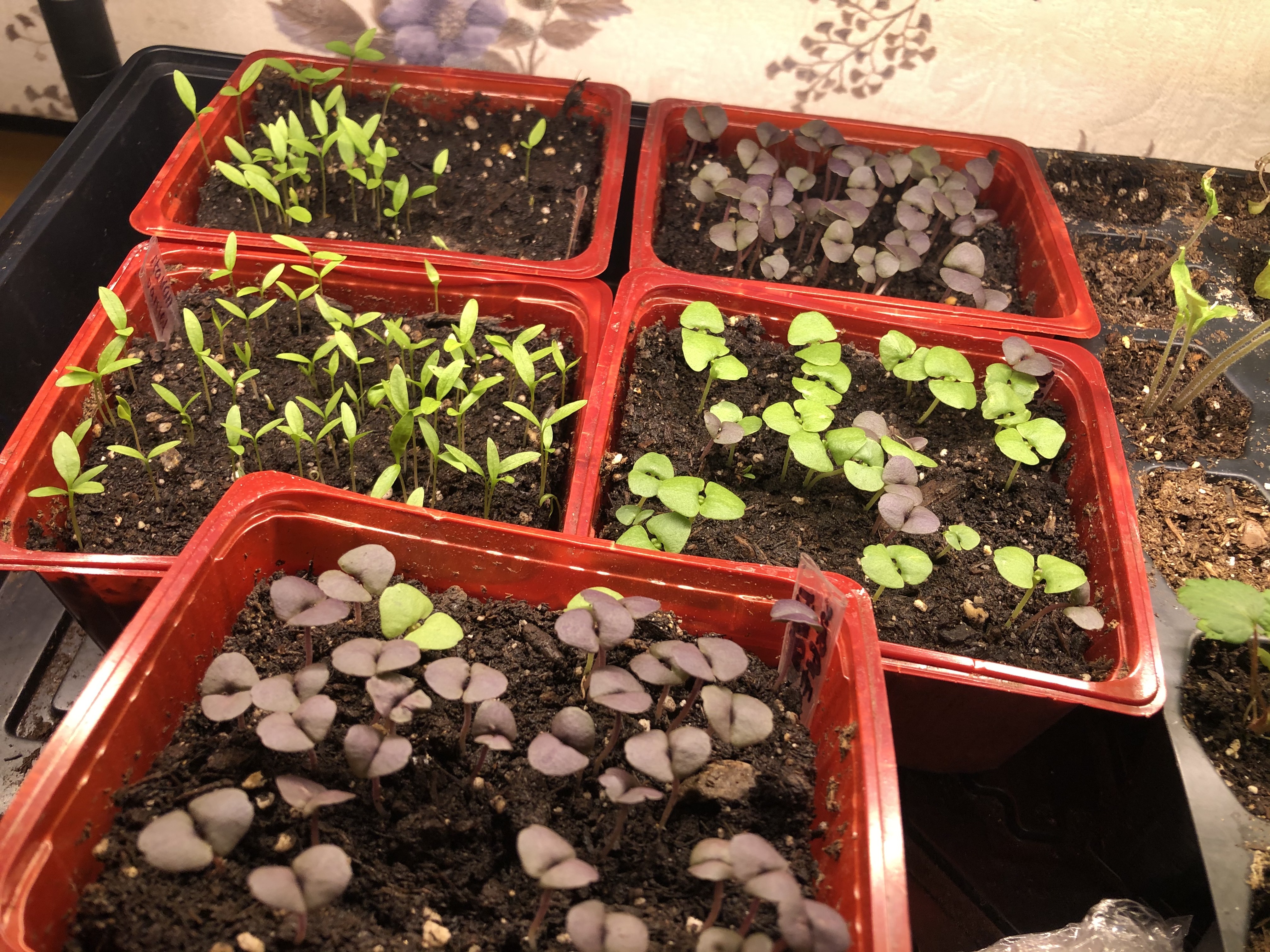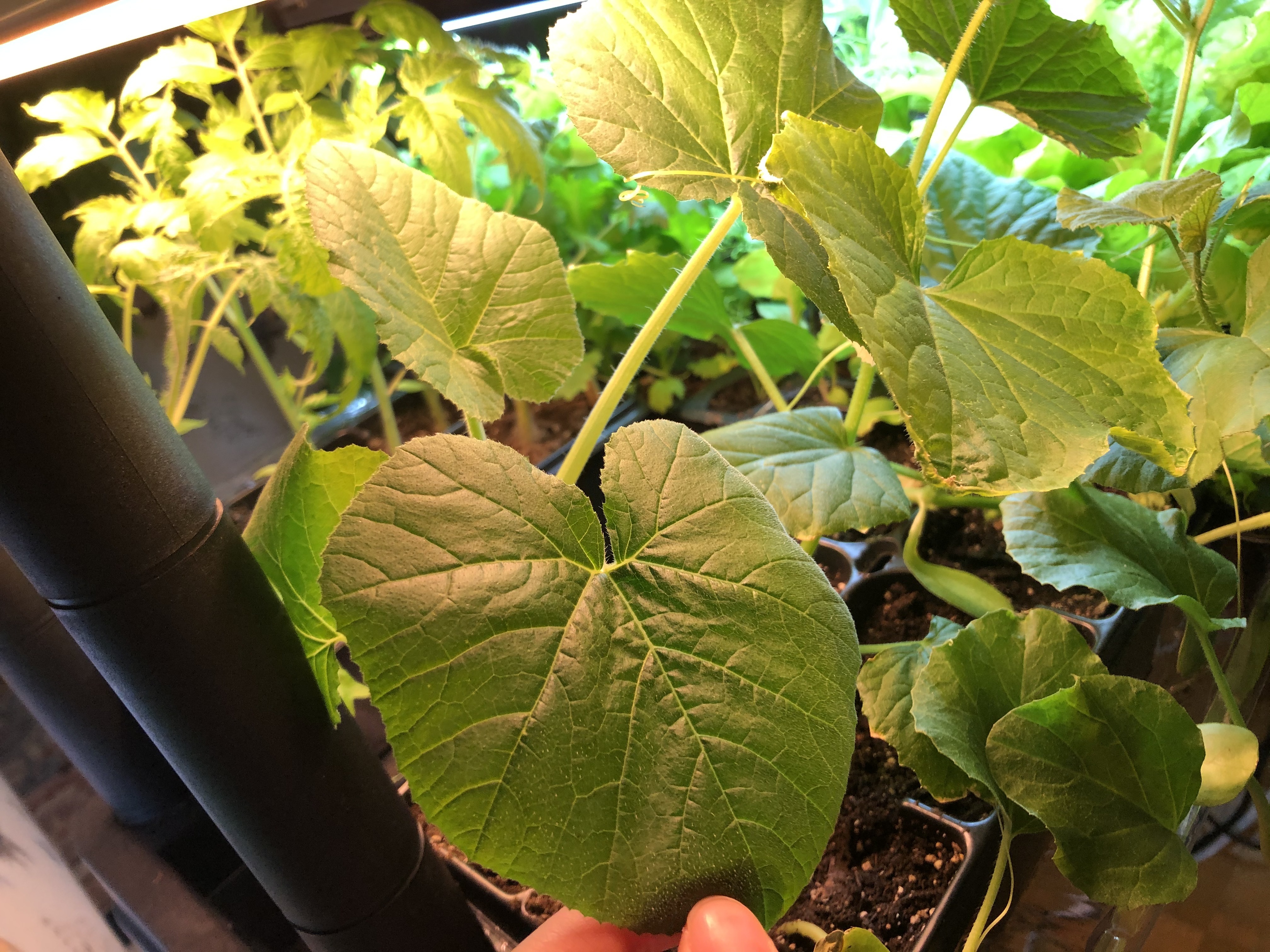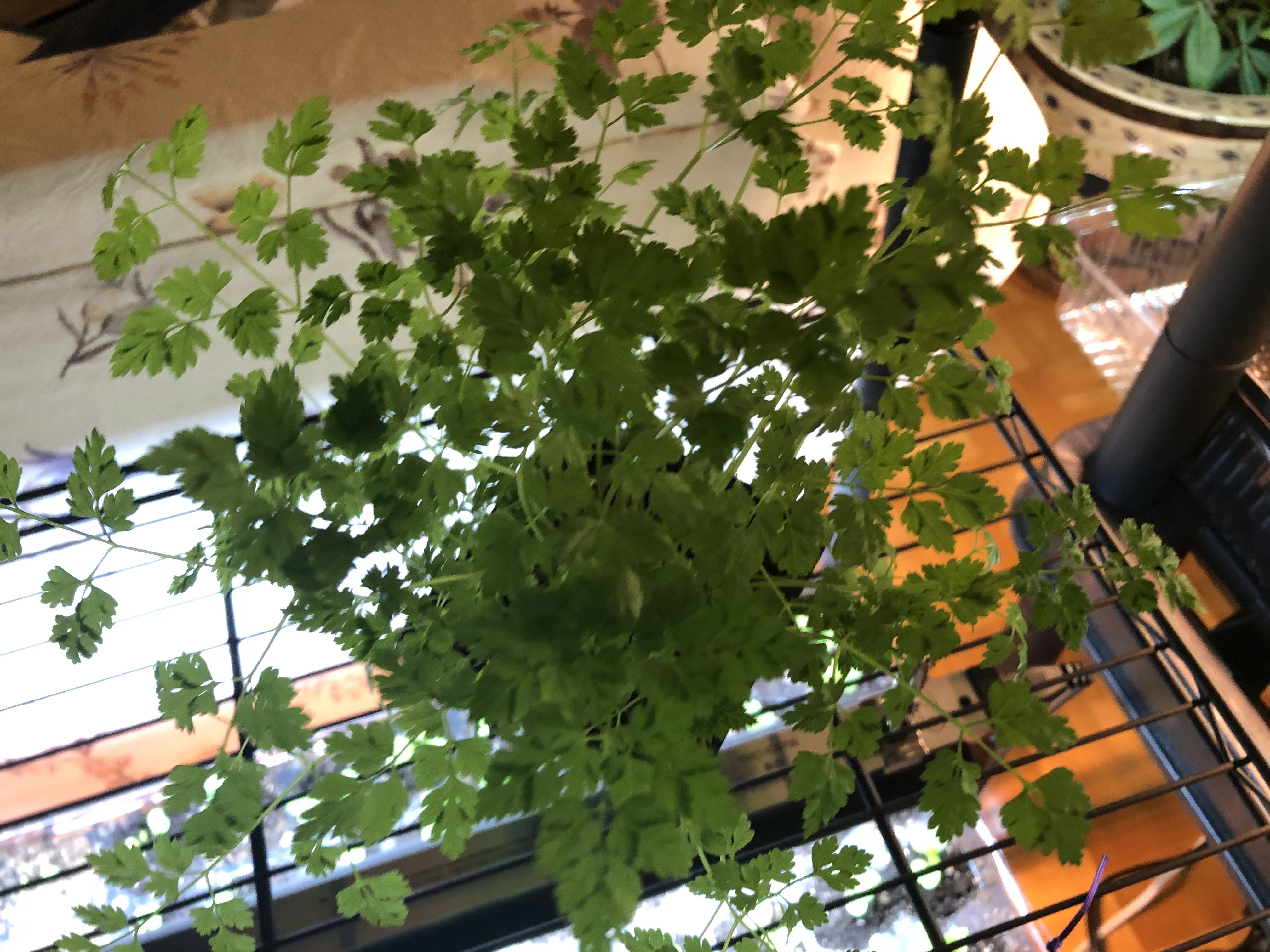Protecting wetland is critically important for many reasons.
Firstly, wetlands are one of the most diverse and rich ecosystem on the planet. Due to their dual terrestrial and aquatic nature, they host and support diverse biological communities. These ecosystems act as hubs of life and species diversity. As a result, wetlands posses the third highest average net primary production of all ecosystems (both terrestrial and aquatic) on the planet. By this, what I mean is that these ecosystem produce the third most primary biomass (organic compounds and living plant material) in grams over a surface of one m2 per year. They are only beaten by coral reefs and tropical rainforests. They are then followed by tropical seasonal rainforests in terms of primary productivity. Consequently, wetlands are critical for ecosystem health, specie preservation, biodiversity, research and even climate change mitigation.
Indeed, as wetlands are highly productive, they consequently absorb large amounts of carbon dioxide over time and they can store it for extend periods of time or even indefinitely if the conditions. This happens if peat forms. Peat is a type of soil that is very rich and dense in organic matter as it is primarily made of dead, dying and partially decomposed organic matter than accumulates in layers over time and fails to decay due to the anaerobic and water-logged conditions of wetlands. This accumulation of layer of organic matter that does not decompose and proceeds to accumulate and get buried locks up all the carbon dioxide that was taken up by the organic material forming the peat and keeps in trapped in the soil. Consequently, wetlands both play a major role in ecosystem strength and diversity and in climate change resilience.
Next, wetlands have many other functions in terms of environmental resilience. Indeed, due to their high biological activity, wetland also boast a incredibly diverse and rich microbiological community. These microbiological communities enable wetland to act like filters for pollutants. As water form waterways and surrounding watersheds flow into the wetlands, they bring with them all the pollutants that they picked up along the way. Once in the wetlands, these pollutants are absorbed, treated and transformed, purifying the water and protecting the aquatic ecosystem downstream form these pollutants. As such, wetlands are essential to keep our bodies of water clean.
Furthermore, wetlands plays fey roles in flood prevention. Through the same water holding properties these ecosystem rely upon to filter water, they simultaneously act like giant sponges that can absorb excess water form snowmelt in spring or torrential downpour, preventing both upstream and downstream flooding. They ecosystem also act like buffers that slow down the flow of water in watersheds preventing wide scale erosion of river banks. By absorbing the water and blocking the flow in waterways into large basins of mixed terrestrial and aquatic structure, they act as reservoir that can release water over longer period of time, stabilizing the levels of connected waterways and reducing the extremes. Moreover, coastline wetlands such as mangrove forest and bayou wetlands play key role in shoreline erosion protection.
In addition, wetlands have immense scientific value. Indeed, wetland boast an impressive diversity of life, they posses many unique biochemical properties and they are truly unique environments. They can also tell us much about the past as the peat layer can be studied in ways that are very similar to the study of ice core, allowing us to look into the past. In addition, wetlands have helped us design better technology and further our knowledge of water management, filtration, pollution treatment, agriculture, biology, microbiology and even infrastructure. These ecosystem can still teach us a lot more.
Lastly, one must also appreciate the beauty of these environments and ecosystems, which are truly unique and beautiful. We should all thrive as a specie to protect the beauty of our planet.
Overall, it is important to realise wetlands accomplish all of these functions even though they represent a tiny portion of the surface area of the planet, that being about 0.4%. Yet these ecosystems are the third most productive, they offer some of the environmental benefits in terms of climate change mitigation and environmental health and resilience and they offer great opportunities for scientific knowledge. Consequently, it is essential for us to protect these precious ecosystem as they are few in numbers and surface area and while our countries boasts and impressive amount of them, we must not wait until they are all disappearing to protect them. We need to act both personally and politically to protect these beautiful ecosystem while they are still plentiful and healthy. After all, it is better to prevent than to repair.



